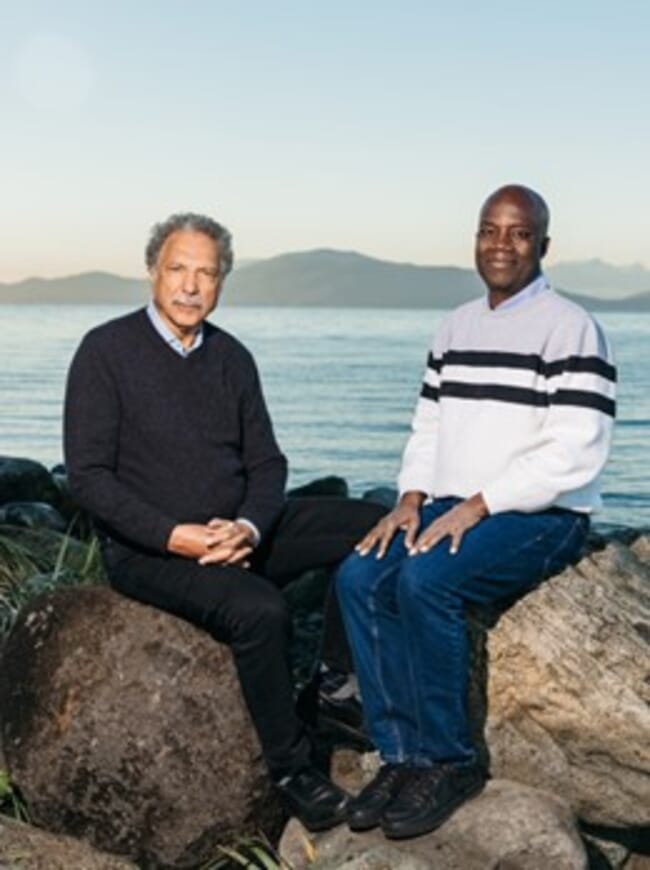
Winners of this year's Tyler Prize for Environmental Achievement
The Tyler Prize for Environmental Achievement, often described as the Nobel Prize for the environment, has been awarded to the two Canadian fisheries experts. Both laureates, long-time colleagues at the Institute for the Oceans and Fisheries at the University of British Columbia (UBC), said they wanted to use the $250,000 prize to help ensure that all fishing on the high seas is banned.
“Creating no-take marine reserves is something we must do. Banning fishing in the high seas, which is the area outside the 200-nautical-mile zones of maritime countries, will create a critically-needed ‘fish bank’ for the world,” said Sumaila, who is the Canada research chair in interdisciplinary ocean and fisheries economics at UBC.
“If we don’t stop overfishing, we will lose marine stocks essential for food security and biodiversity, and the ocean’s ability to effectively regulate global temperatures,” added Pauly, who is the founder and principal investigator of the UBC research initiative Sea Around Us.
Sumaila and Pauly have published widely on the ecological and economic effects of the proposed industrial fishing ban on the high seas, which has had support from a growing number of scientists such as Dr Sylvia Earle. Both laureates, who are on the board of directors at Oceana, have also co-authored research calling for an end to the massive government subsidies given to major fishing companies.
“A high seas fishing ban is one of the most effective ways to reverse the damage inflicted on the ocean through decades of unsustainable overfishing, mostly at the hands of wealthy Western countries,” Pauly said.
“Our modelling shows that closing the high seas would result in no loss in total global catch – just a more equitable distribution. Most commercially fished species move back and forth between the high seas and coastal areas, where they can be caught in a country’s exclusive economic zone (EEZ),” Pauly said.
“Furthermore, the carbon value of the fish in the high seas is 10 times the value of fish we take each year to sell and to eat. We simply cannot afford to lose this essential ecosystem service,” he added.
Sumaila added that support for a high seas fishing ban continued to grow – and that the closing of Antarctica’s Ross Sea in 2016, which created the world’s largest marine protected area– served as a valuable model.
“And more than 190 countries committed to the 30x30 agreement at the Convention of Biodiversity Conference of the Parties (COP15) in December – to protect 30 percent of their land and waters by 2030… so there are good signs of progress,” Sumaila said.
“But we must move faster. Overfishing increases global emergencies such as climate change, biodiversity loss and food insecurity – particularly for already vulnerable communities, such as Indigenous Peoples and populations in the Global South,” Sumaila said.
“Banning fishing on the high seas – it’s good for biodiversity, it’s good economically, it’s good for global food security. And it’s good for equity of distribution, because smaller countries benefit when fish come into their catchment area, instead of only China, Korea, Japan, Spain etc., taking all the fish in the high seas. There are so many good reasons to do this… before it is too late,” he said.


